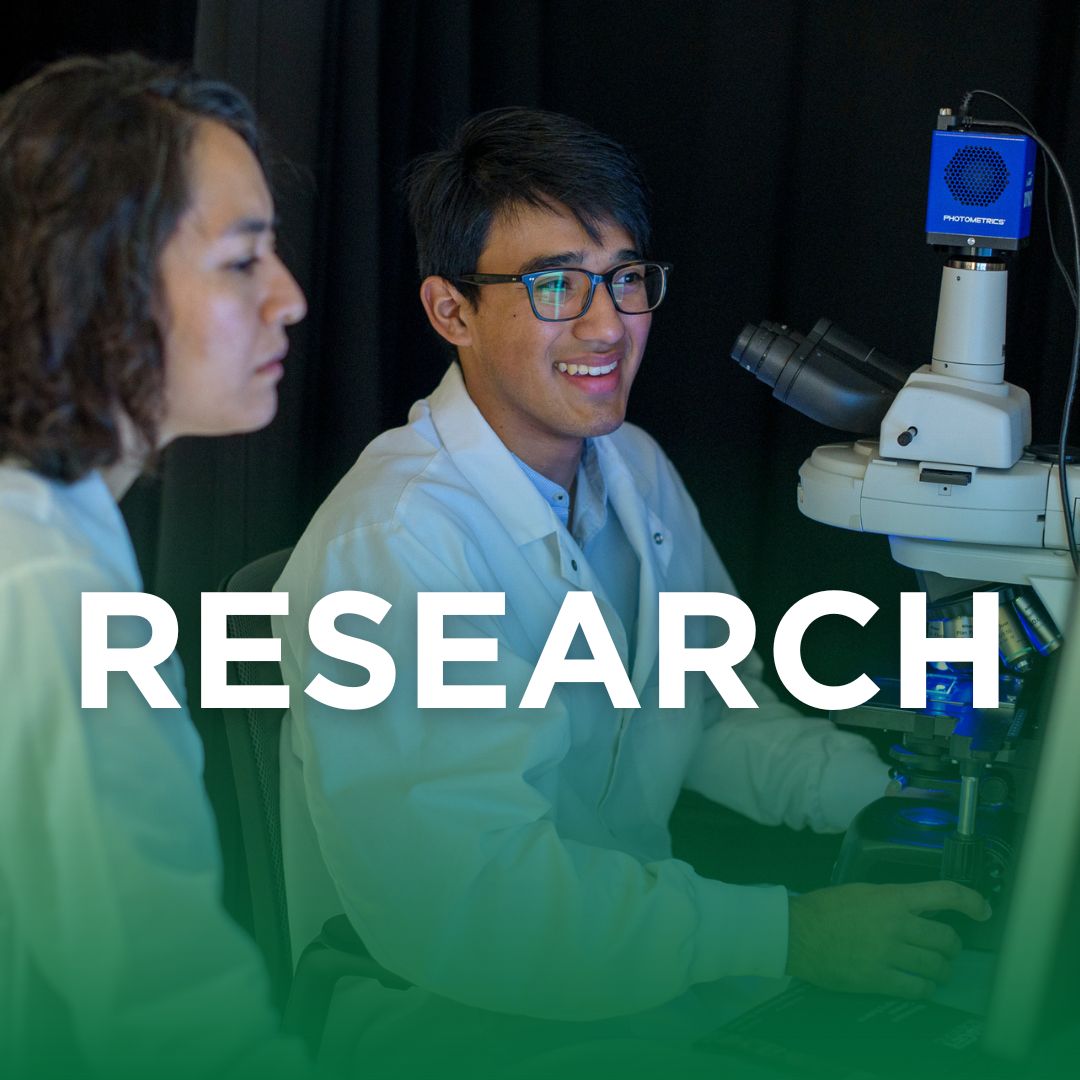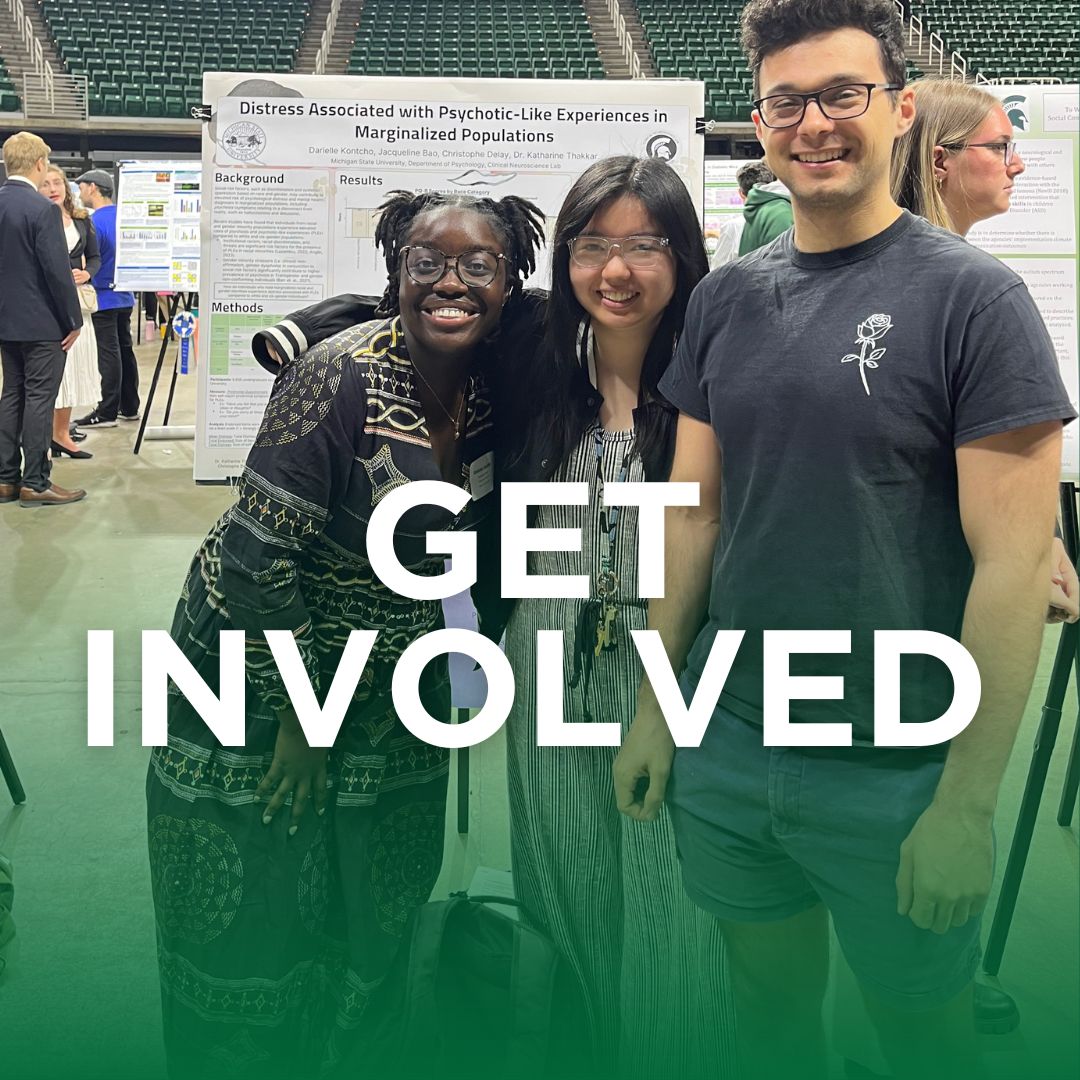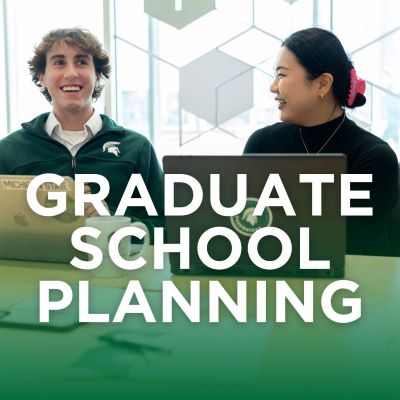Career Planning
What can I do with an undergraduate degree in Psychology?
Our psychology program offers a broad foundation, covering essential areas such as social, cognitive, abnormal, personality, and developmental psychology. You'll gain a well-rounded understanding of human behavior that is applicable to various fields.
Whether you're looking to jump straight into the workforce or pursue graduate education in psychology or related fields like social work or counseling, our program prepares you for both paths by focusing on coursework and the importance of hands-on learning through internships and volunteer opportunities. Develop critical skills in communication, leadership, teamwork, and more—qualities that employers highly value.
Some of the highly transferable skills our PSY graduates have:
- Oral and written communication skills
- Critical thinking skills
- Teamwork
- Problem solving
- Leadership
- Research methodology
- Computer literacy
- Work experience
Psychology Bachelor's Degree Career Areas
A psychology bachelor’s degree can prepare you for a variety of career industries. This section provides an overview of potential career areas you can pursue.
-
Human Services
Common Career Paths
- Direct care:
- Counseling
- Psychotherapy
- Applied behavior analysis
- Art therapy
- Music therapy
- Case management
- Mental health services
- Direct care (continued):
- Physical health and wellness
- Crisis work
- Rehabilitation services (e.g., speech, physical, vocational therapies)
- Performance enhancement
- Testing/Assessment
- Law enforcement
- Administration:
- Advocacy
- Programming
- Community relations
- Management
- Development/Fundraising
- Grant writing
Employers
- Federal government:
- Health and Human Services
- Justice
- Veterans Affairs
- State government:
- Departments of Human Services
- Departments of Mental Health
- Departments of Justice
- Community mental health centers
- State psychiatric hospitals
- Facilities for individuals with intellectual impairments
- Boards of probation and parole
- Local government
- Senior citizens’ centers
- Nursing homes
- Social service/Nonprofit organizations
- Religiously-affiliated service organizations
- Hospitals/Healthcare providers
- Private psychiatric facilities
- Outpatient clinics
- Employee Assistance Programs (EAP)
- College and university counseling centers and career centers
- Pain clinics
- Rehabilitation facilities
- Testing centers
- Private practice
- Direct care:
-
Research
Common Career Paths
- Social research
- Market research
- Data analysis
- Testing/Test development
- Experimental psychology
- Neuroscience
- Industrial and organizational (I/O) psychology
Employers
- Federal, state, and local government agencies (e.g., National Institute of Health)
- National headquarters of non-profit organizations
- Universities and colleges
- Market research firms
- Market research departments of consumer goods and manufacturing firms
- Private research organizations
- Consulting firms
-
Education
Common Career Paths
- Teaching
- Adult learning/Community instruction (e.g., GED classes, life skills, parenting, etc.)
- Information/Library science
- Higher education administration and student support services:
- Admissions
- Financial aid
- Continued:
- Academic advising
- Development
- Alumni affairs
- International education and study abroad
- Career services
- Continued:
- Residence life
- Student activities and Greek life
- Orientation
- Leadership
- Multicultural affairs
- Recreational sports
Employers
- Public and private K-12 schools
- Colleges and universities
- Government agencies
- Federal Trio programs (e.g., Upward Bound, Talent Search)
- Nonprofit organizations (e.g., Project Grad)
- College prep programs
-
Human Resources
Common Career Paths
- Employment and recruitment
- Selection
- Labor relations
- Compensation and benefits
- Organizational development
- Training
Employers
- Large companies
- Government agencies
- Staffing and employment services
- Large nonprofit organizations
- Hospitals
- Educational institutions
-
Business and Industry
Common Career Paths
- Sales
- Customer service
- Public relations
- Marketing
- Advertising
- Insurance
- Claims management
- Underwriting
- Product design
- Management
- Real estate
- Sales
- Property management
Employers
- Service providers
- Wholesalers
- Manufacturers
- Retail stores:
- Department stores
- Specialty stores
- Discount stores
- Super retailers
- Online retailers
- Call centers
- Financial institutions
- Insurance companies
- Real estate companies
- Property management firms
- Apartment complexes
- Public relations departments of large businesses or nonprofit organizations
Plan for your future today.
Your academic performance and proactive career planning are key to standing out in the job market. Take steps each semester, beginning already as a first year student! Incorporate a combination of coursework and experiential learning throughout your degree. Below is an overview of resources and a suggested timeline for steps you can take to set yourself up for success.
-
Overview of Resources
Set up and maintain your profile on Handshake. Find internship and job positions, in addition to career events and career advising, all in one place.
Visit Center for Community Engaged Learning
Apply learning through community partnerships with volunteer and service-Learning opportunities.
Visit Student Life for how to get involved on campus.
Join a student organization, participate in campus activities, and pursue leadership opportunities.
Complete Your Experiential Learning
Complete an internship, join a research lab or consider studying abroad. Explore all of your options by talking with a PSY advisor.
Explore Department Research & Connect with Faculty
Build relationships with faculty to gain research opportunities, letters of recommendation in the future, and to facilitate graduate and career conversations.
Develop a career plan, access “What Can I do with this Major?, make a career advising appointment, attend career events, find a mentor on MSU Connect, and explore many additional career resources.
Submit to have your resume reviewed by a trained Career Consultant or Career Peer Intern
Record Experiences with My Spartan Story
Track co-curricular MSU experiences that complement your academic course of study by building your Spartan Experience Record.
A few more resources for you as you plan for your career:
College Social Science Career Services
What Can I Do With This Major?
-
First-year & Sophomore Years
• Join a student organization. Participate in campus activities. Visit the Student Life Office
• Volunteer with the Center for Community Engaged Learning
• Schedule an appointment with academic advisor to set up academic plan
• Begin to develop relationships with the faculty
• Set up your profile on Career Services and Placement's Handshake
• Spend a day (or part of one) with a professional who has a job that interests you.
-
Junior Year
• Develop a career portfolio to chart your career and skills development
• Complete an internship or participate in research
• Aim for outstanding academic performance in all your course work
• Attend career fairs/seminars. Continue to use the Career Services Network
• Discuss academic/career decisions with your mentor, advisor, or counselor
• Update your profile on Handshake and monitor job opportunities
-
Senior Year
• Propel your job campaign into full swing; continue to attend career fairs and workshops
• Know the job market you hope to enter! Be prepared to compete effectively with other candidates
• Update your profile on Handshake and monitor job opportunities.
A degree in Psychology can offer you many opportunities, including some that you aren't even aware of! Be proactive in seeking out the many resources that are available on campus to connect you with opportunities.
And don't forget to schedule consistent meetings with a psychology advisor as they can help you explore fields of interests, search for internship placements, and assist you in career planning!
Explore more here:






